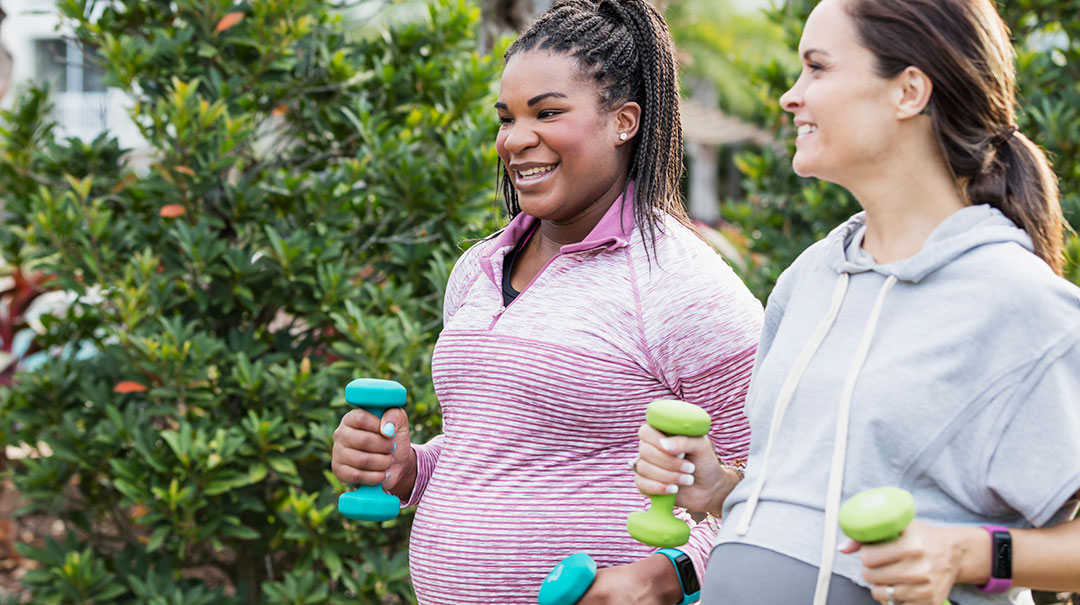How to Maintain a Healthy Weight During Pregnancy
Find care now
If you are experiencing a medical emergency, please call 911 or seek care at an emergency room.

Find care now
If you are experiencing a medical emergency, please call 911 or seek care at an emergency room.
